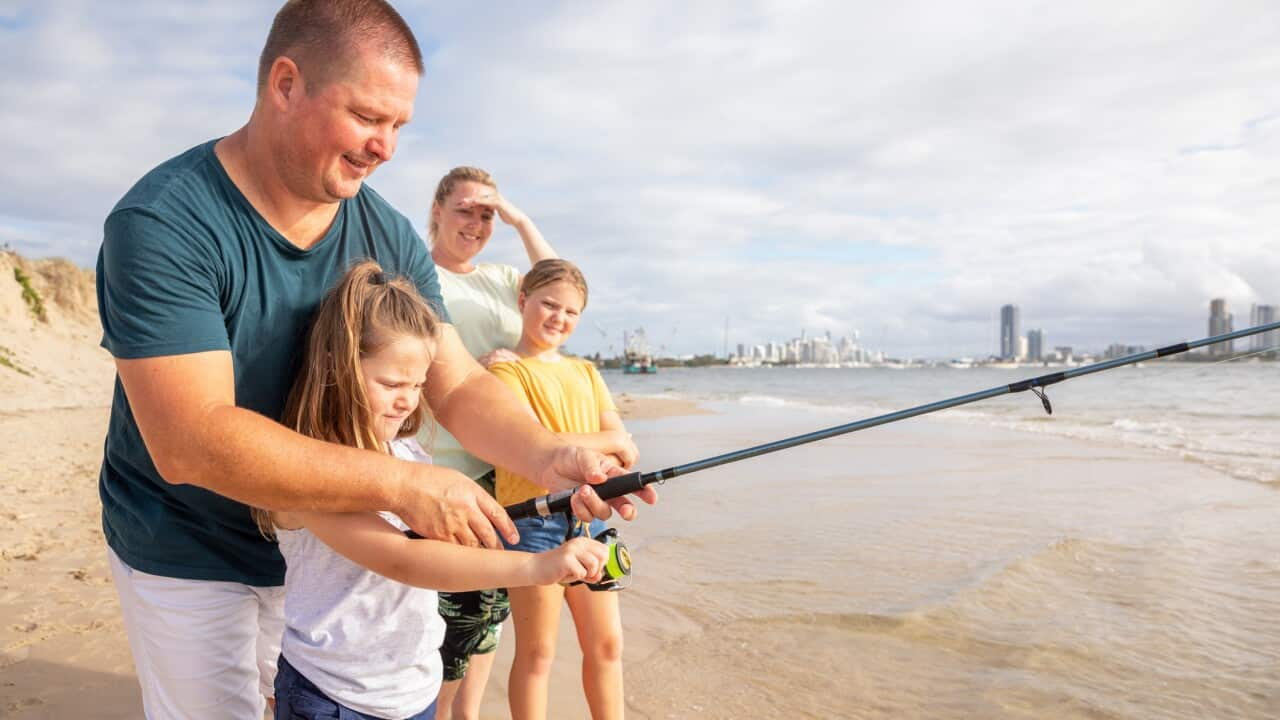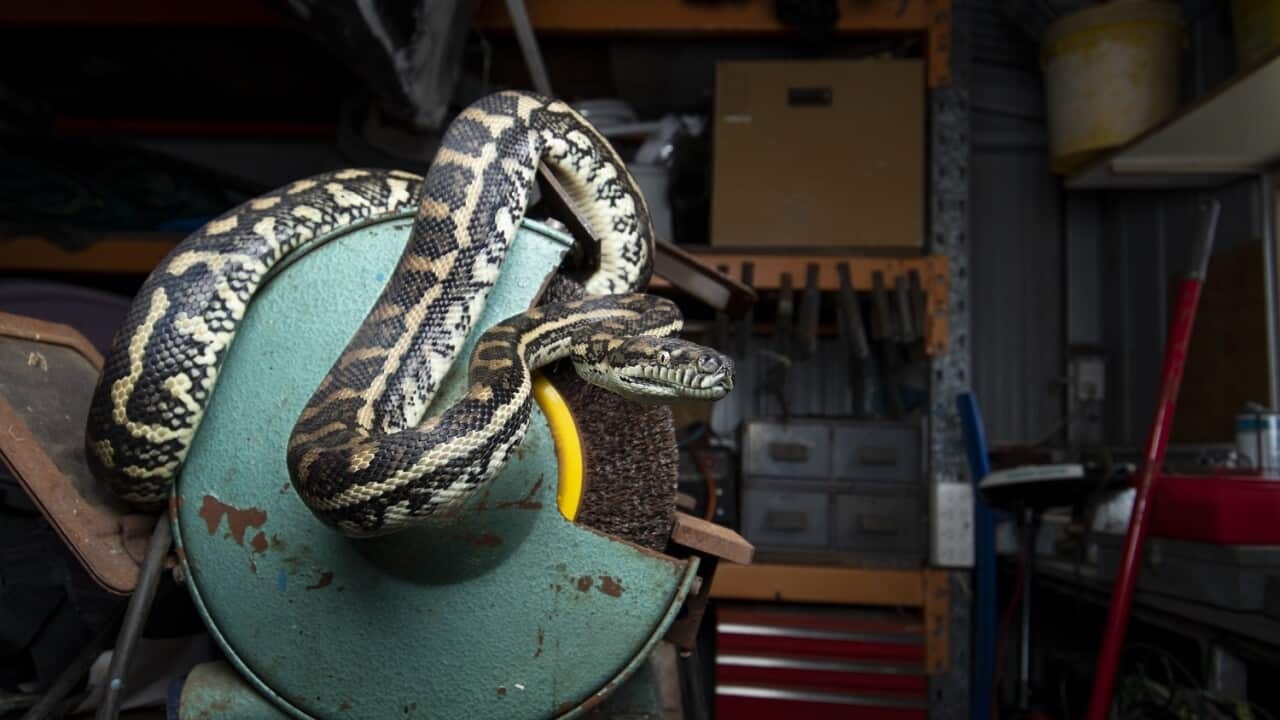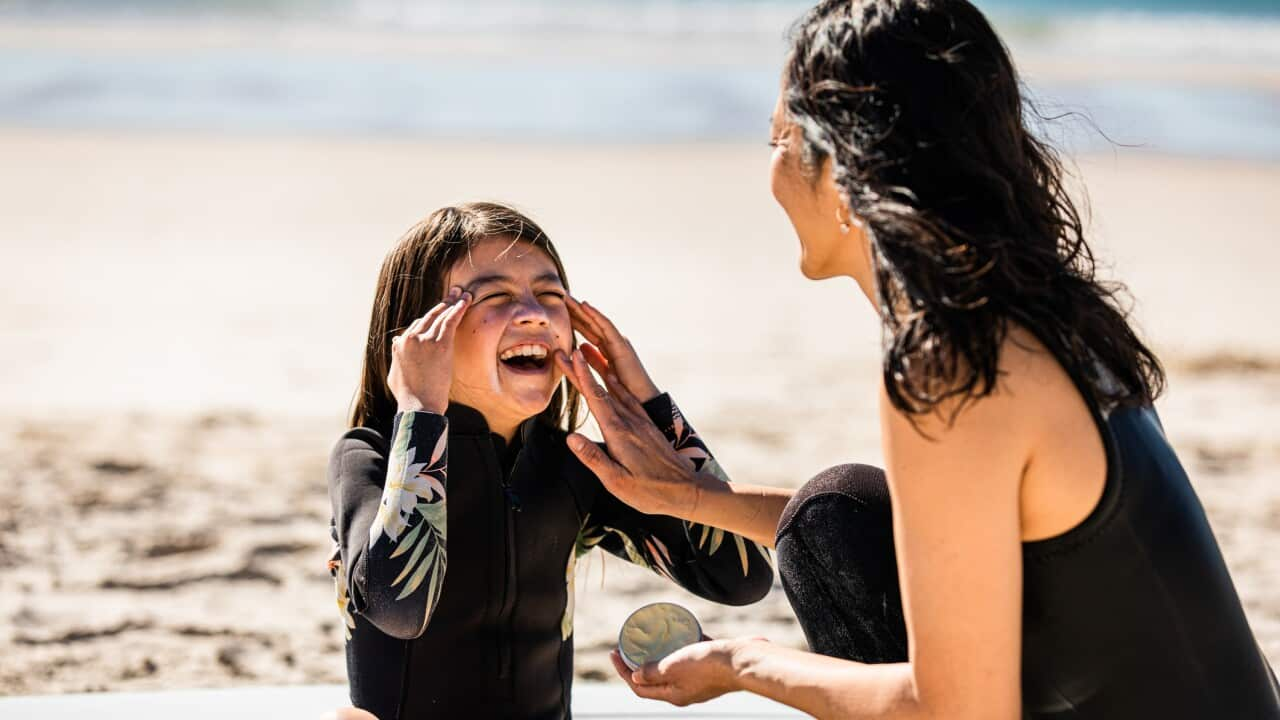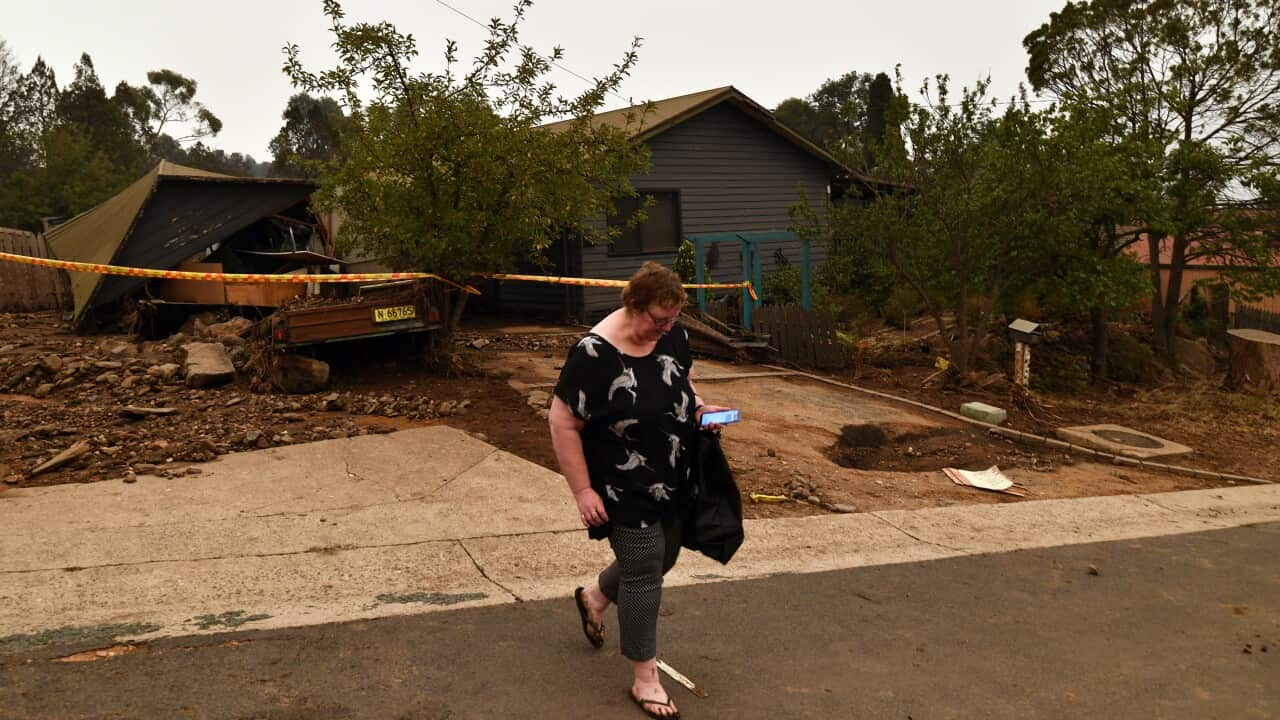Key Points
- States and territories have different laws around recreational fishing, which can be accessed online, with official apps also available.
- Heavy penalties may apply for violations, and not abiding by safety regulations can also be dangerous and cost lives.
- Being an angler is part of Australian culture and comes with expectations on fishing responsibly and respecting shared spaces.
- How popular is fishing in Australia?
- What are the fishing rules in each state and territory?
- Do you need a fishing licence in Australia?
- How are First Nations fishing rights recognised?
- What are the safety risks of fishing?
- What does fishing responsibly mean?
Recreational fishing is one of Australia’s favourite pastimes, and arguably one of the few outdoor activities that has increased its popularity in the last couple of decades.
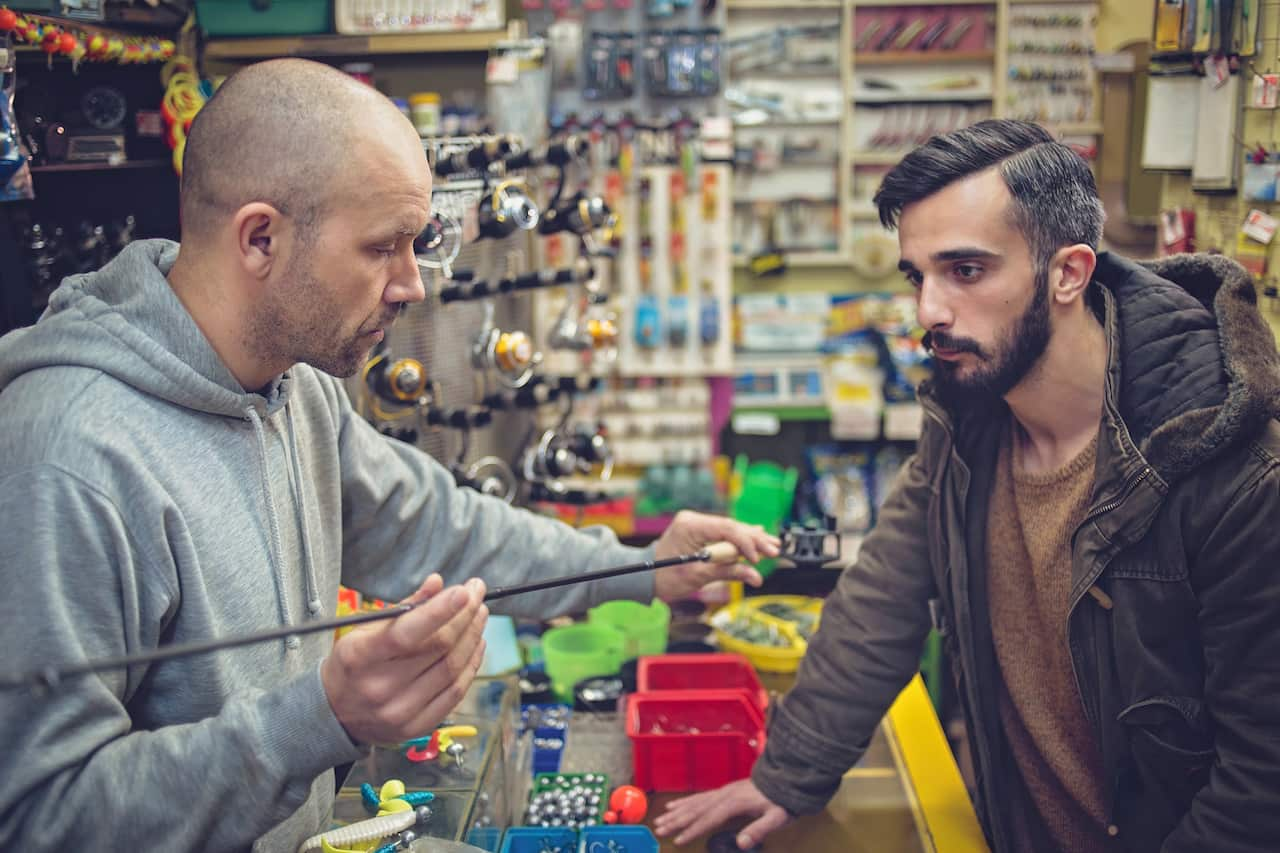
How popular is fishing in Australia?
Recreational fishing is one of Australia’s favourite pastimes, and arguably one of the few outdoor activities that has increased in popularity over the last couple of decades.
A large-scale study published in 2023 by the Australian Government found that about 4.2 million adults go fishing each year.
“A survey of that kind has only been done twice in Australia,” fisheries scientist Andy Moore says, who is the lead author of the National Social and Economic Survey of Recreational Fishers.
“What was interesting between 2001, and the more recent survey was that the relative percentage of people that go fishing, which is about 20 per cent, one in five people, maintained the same, though our population has grown.”
Mr Moore also says the demographics have changed, with more people from culturally and linguistically diverse (CALD) communities participating in recreational fishing. For many, fishing is a tradition carried on through generations.
“In some cases, a lot of that's traditional; they've got multiple generations of people doing that activity, and so when they come to Australia, they just continue.
“One thing that was clear from our survey was that if you go fishing, more than likely you’ve been shown how to, previously in your life, usually as a child.”
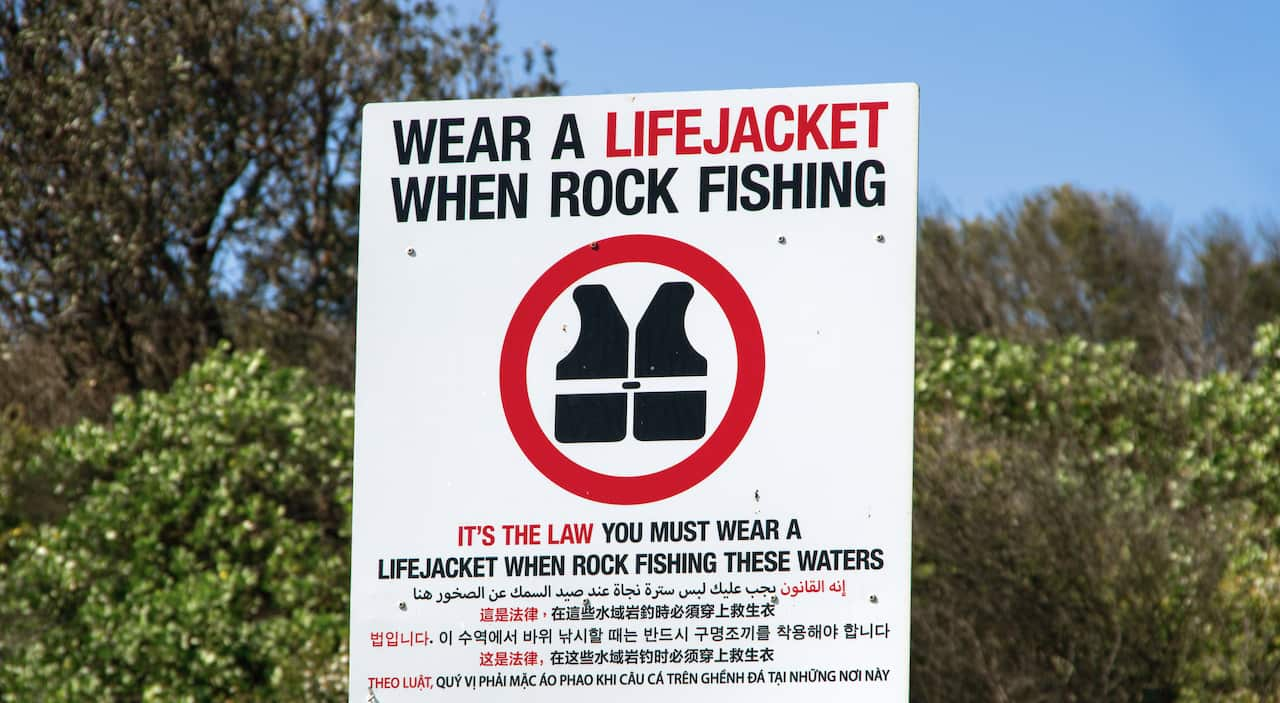
What are the fishing rules in each state and territory?
Stan Konstantaras is President of the Recreational Fishing Alliance of New South Wales, a peak body of member associations representing sport fishing, freshwater fishing, spear fishing and anglers across the state.
He explains that each jurisdiction has its own laws and regulations. These include:
- Bag and size limits of the fish you are allowed to take
- Rules around protected species
- Types of tackle you can use
- Number of rods and hooks per person
- Prohibited baits
Penalties for severe fishing offences, such as exceeding bag limits of a state’s priority species, can include heavy fines or even imprisonment.
Fishing regulations for every state are freely available online. Many states also provide official apps translated into different languages.
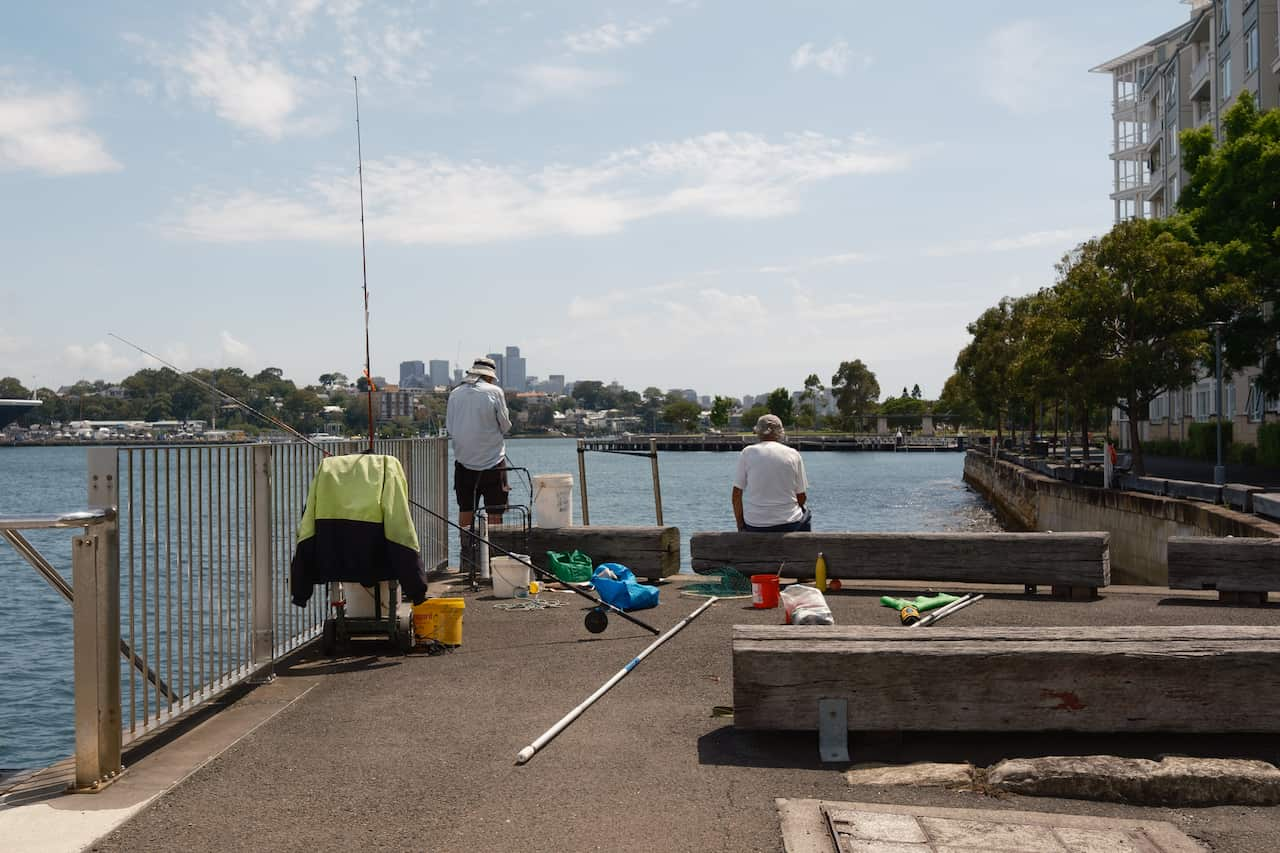
Check the official sites:
- Northern Territory
- South Australia
- New South Wales
- Western Australia
- Victoria
- Tasmania
- Australian Capital Territory
- Queensland
Mr Konstantaras says tackle shops are another reliable point of contact, offering practical local knowledge.
“Whether you come from a non-English speaking background or not, you're a customer to them."
The people at the local tackle shops are a really good source of information, they are always engaging, they're patient and they're mostly fishermen as well.Stan Konstantaras
Do you need a fishing licence in Australia?
Not all states require a licence. For example, South Australia, Queensland and the Northern Territory have exemptions. In other states, licences are affordable and easy to get.
Be careful of scams: Always use official government websites. Third-party websites may charge up to three times the actual fee, Victorian Fisheries Authority CEO Travis Dowling warns.
READ MORE

#50 Let's go fishing! (Med)
“There are a number of sites that you get when you Google a fisheries licence, they’re third parties and lot of these are overseas companies.
"You will get a fishing licence, but you'll pay three times what you should pay. It's a bit of a scam and they make the sites look like it's a legitimate government site."
Ensuring your fishing equipment complies with local regulations is a common requirement nationwide.
“For example, people will see online a particular type of net. But the fact that you're able to buy that net online, doesn’t mean it's legal to use in Victoria,” Mr Dowling explains.
How are First Nations fishing rights recognised?
First Nations peoples’ rights to fish are recognised differently across states and territories. If you’re fishing in an area with cultural significance, always check local regulations and respect traditional rights.
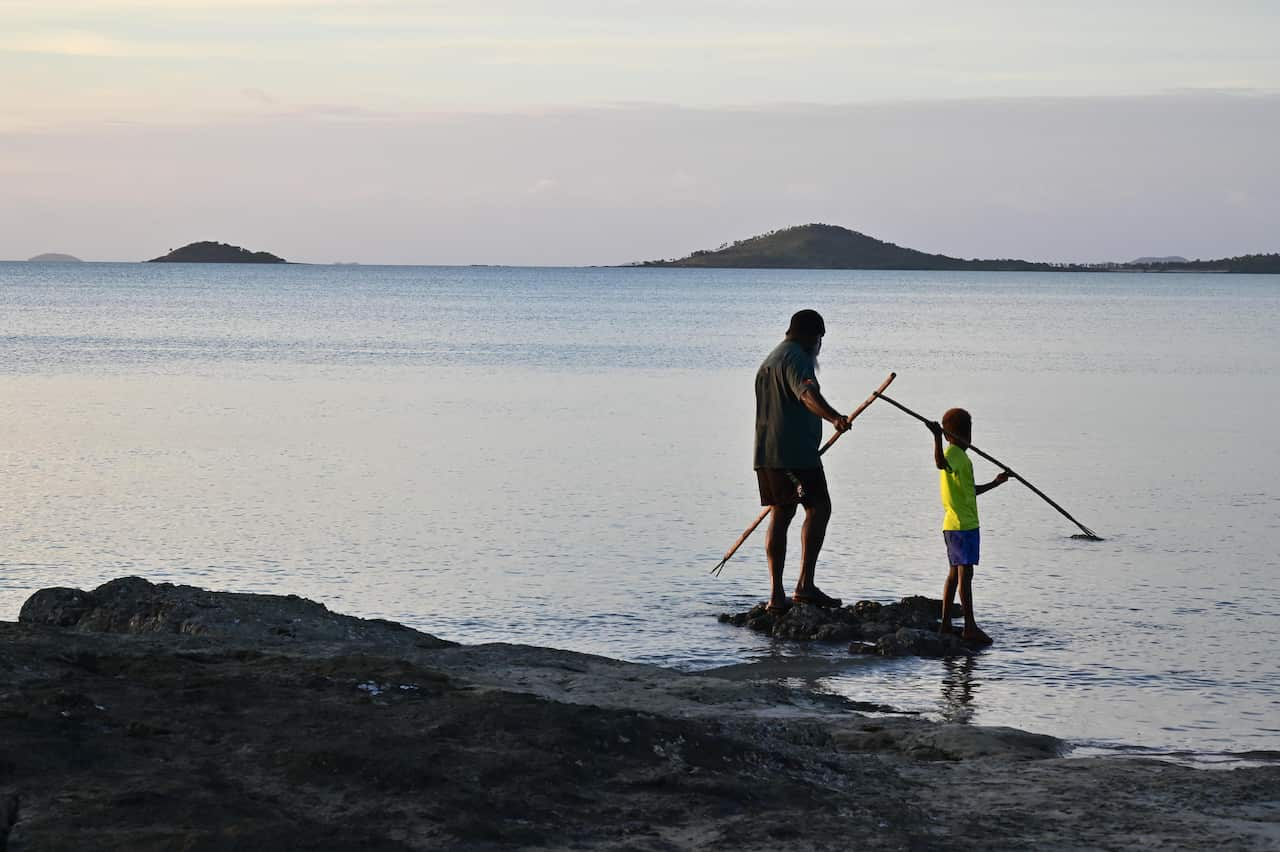
What are the safety risks of fishing?
Fishing safely is as important as following the rules. Rock fishing, in particular, is one of Australia’s most dangerous pastimes. From 2004 to 2024, 241 people drowned while rock fishing—more than half of them born in Asia.
For the past 20 years, the Recreational Fishing Alliance of NSW has run campaigns targeting migrant communities, who are often overrepresented in drowning statistics.
According to the Royal Life Saving’s national report, more than half of the casualties (56 per cent) were people born in Asia.
“Someone who's relatively new to the sport can walk down the rocks and start fishing completely oblivious to the dangers.”
Using a life jacket is vital and can be lifesaving, but Mr Konstantaras say the best rule is simple: if it looks unsafe, don’t fish there.
Finally, if you’re looking for best practice tips as a new angler, learn about what fishing responsibly means, Mr Dowling says.
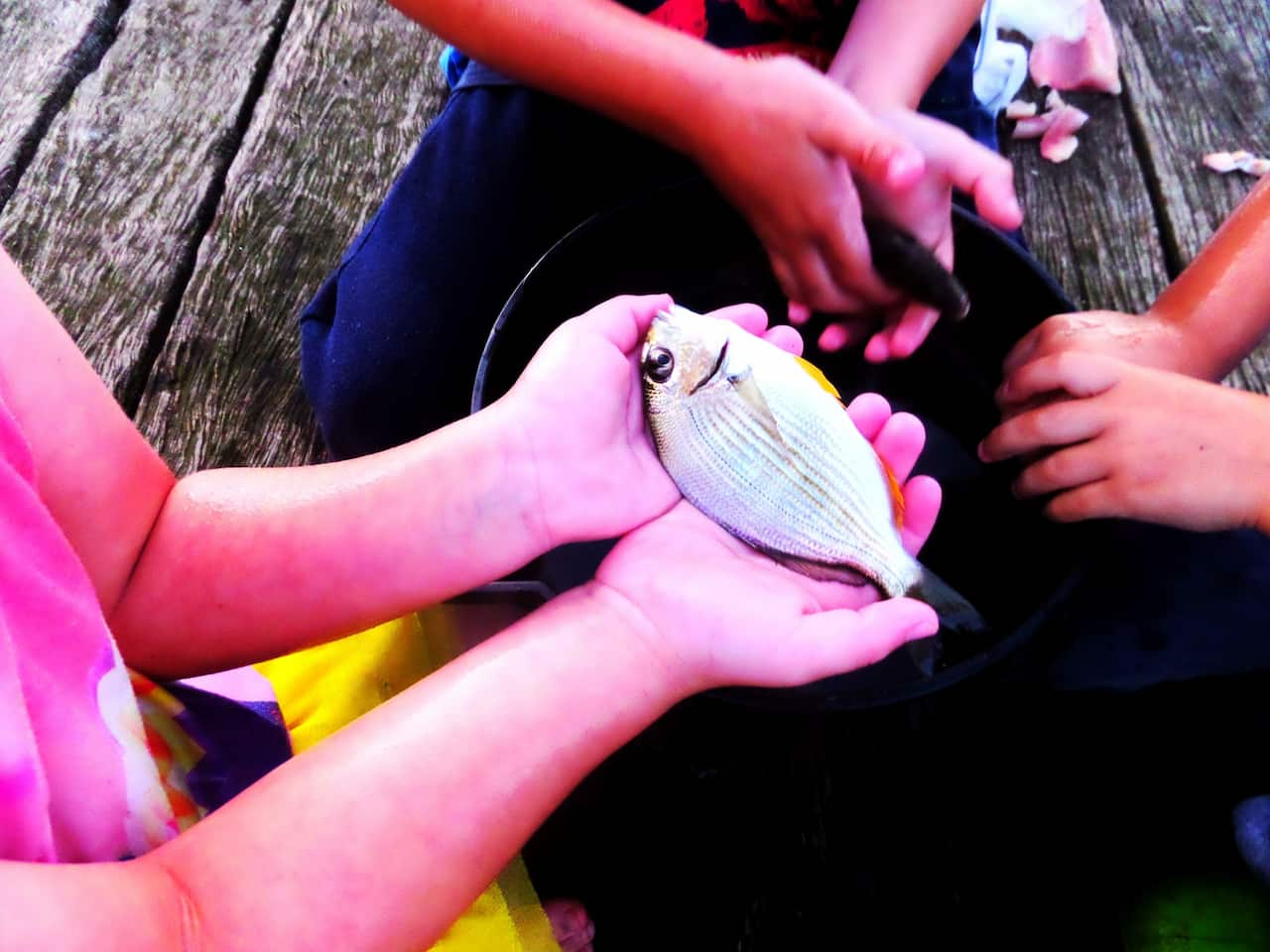
What does fishing responsibly mean?
Being a responsible angler means:
- Handling fish carefully when releasing them (e.g., wetting your hands and not keeping them out of the water for too long).
- Not introducing bait from one area into another.
- Leaving no rubbish behind.
- Respecting the space for others and future visitors.
Travis Dowling of the Victorian Fisheries Authority sums it up:
“When you go fishing, you want to think, ‘when I come back here the next time, the place looks beautiful, undamaged, protected.'"
Subscribe to or follow the Australia Explained podcast for more valuable information and tips about settling into your new life in Australia.
Do you have any questions or topic ideas? Send us an email to australiaexplained@sbs.com.au
